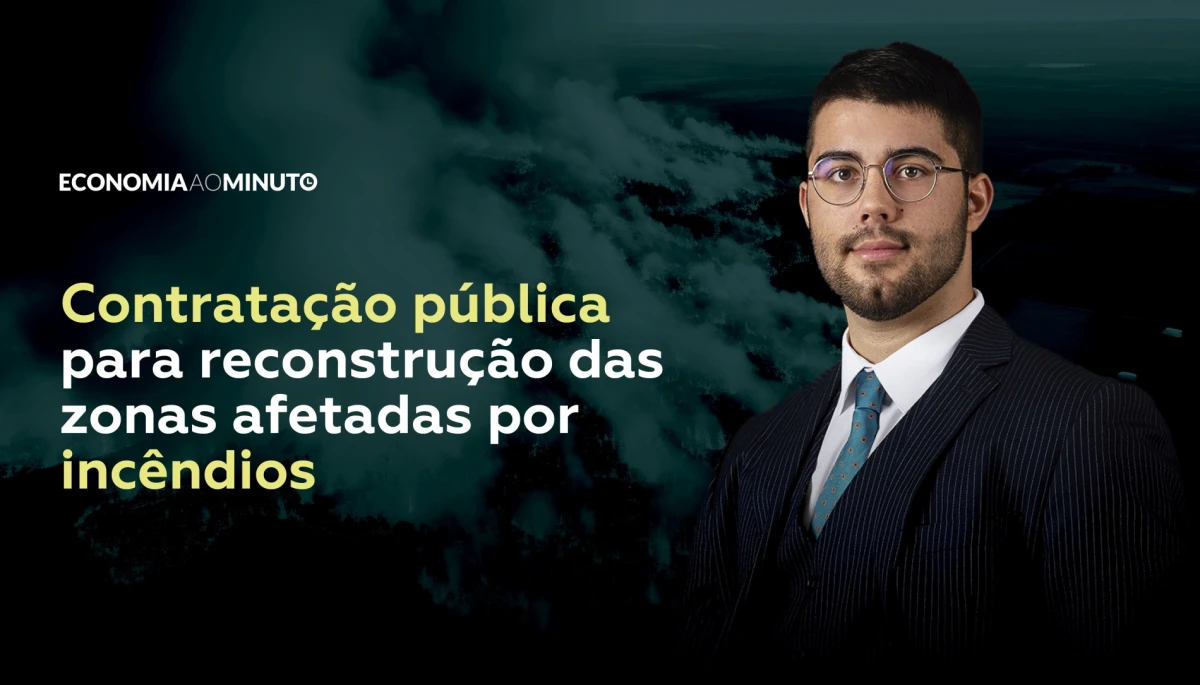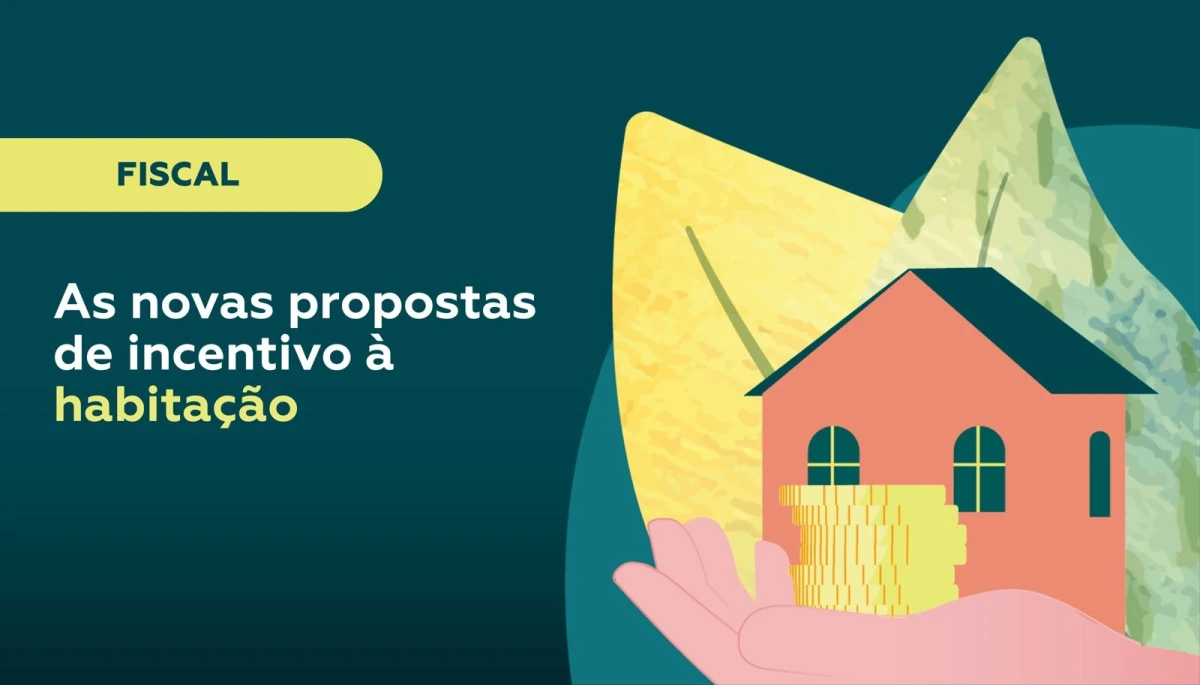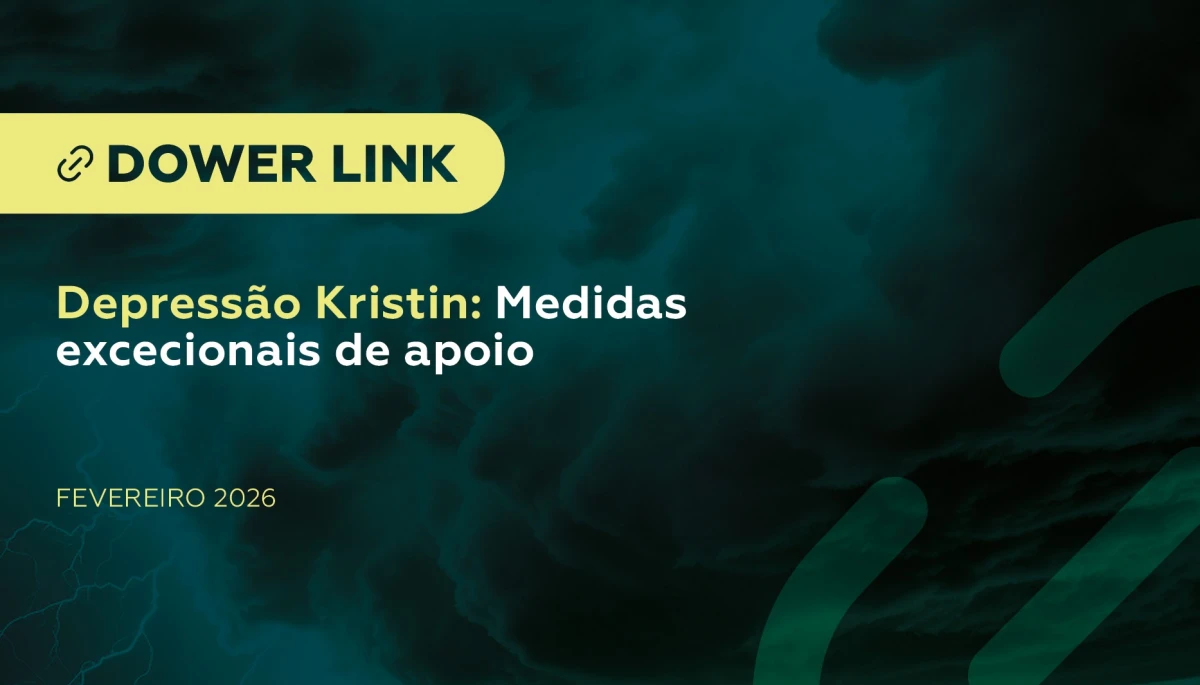
Public procurement for the reconstruction of areas affected by fires

“Rural fires are a tragic reality that plagues Portugal.” This is the opening phrase of the preamble of the recent Decree-Law no. 98-A/2025, of August 24, which establishes support measures and mitigation of the impact of rural fires.
For as long as memory goes, rural fires have been a recurring reality that strikes Portugal during the summer. This year was no exception, with August 2025 proving tragic for many communities, especially in the country’s interior.
A swift intervention by the Portuguese Government was therefore required, and the decision – as expected – was to approve a set of measures and support mechanisms designed to assist the necessary interventions to repair the damage caused by the fires. The government also set the objective that such recovery should be carried out as quickly as possible, particularly in terms of Public Administration action.
Thus, Decree-Law no. 98-A/2025, of August 24, was approved and has already been published (curiously, its publication in the Diário da República took place on a Sunday). This legislation highlights a set of exceptional public procurement measures, aimed at ensuring greater speed in the conclusion of public contracts for public works, leasing or acquisition of movable goods, and procurement of services related to the interventions needed to restore the areas affected by rural fires.
This set of exceptional measures applies to public procurement procedures carried out both by:
a) the direct and indirect administration of the State, including the public corporate sector; and
b) local administration, such as municipalities.
Public procurement consists of a sequenced set of acts and formalities, carried out within an administrative procedure, aimed at concluding contracts between Public Administration and private entities, such as contractors, suppliers, and service providers. Whereas in the private sector contracting tends to be immediate, in public administration it is usually slower, given the obligations regarding competition, equal treatment and non-discrimination, transparency, among others.
Decree-Law no. 98-A/2025, of August 24, sought to address the problems linked to delays in certain public tenders – from the decision to contract until the conclusion and execution of the contract (not counting potential legal challenges in Administrative Courts) – especially in large-scale projects, considering the financial sums involved. These delays are incompatible with the urgency and necessity of rebuilding the affected areas and supporting the population.
Returning to the decree, one of the measures in terms of public contracts related to the recovery of fire damage involves raising the thresholds up to which Public Administration may resort to simplified procedures such as direct award and prior consultation. These thresholds are now aligned with the European amounts set forth in Article 4 of Directive 2014/24/EU of the European Parliament and of the Council, of 26 February 2014, instead of those provided for in Articles 19 and 20 of the Public Contracts Code (CCP).
Here, speed is privileged over the promotion of competition.
Another measure consists of derogating the limitations on the choice of invited entities in direct award and prior consultation procedures established in paragraphs 2 to 5 of Article 113 of the CCP. However, additional restrictions are imposed when the procedure concerns contracts for public works under the direct award type, namely:
a) each awarded contractor is limited to a maximum of five (5) direct awards; and
b) each direct award may only cover a maximum of twenty (20) dwellings to be rebuilt or rehabilitated.
Despite seeking greater speed in the formation and execution of public contracts related to reconstruction following rural fires, the legislator still took care to set limits on the choice of invited entities in direct award procedures. These limits differ from those in paragraphs 2 and 5 of Article 113 of the CCP but aim to ensure that the same private entities are not repeatedly invited and do not consistently benefit from the contracts granted under this framework.
Decree-Law no. 98-A/2025, of August 24, has been in force since August 25 but applies retroactively to July 1.



